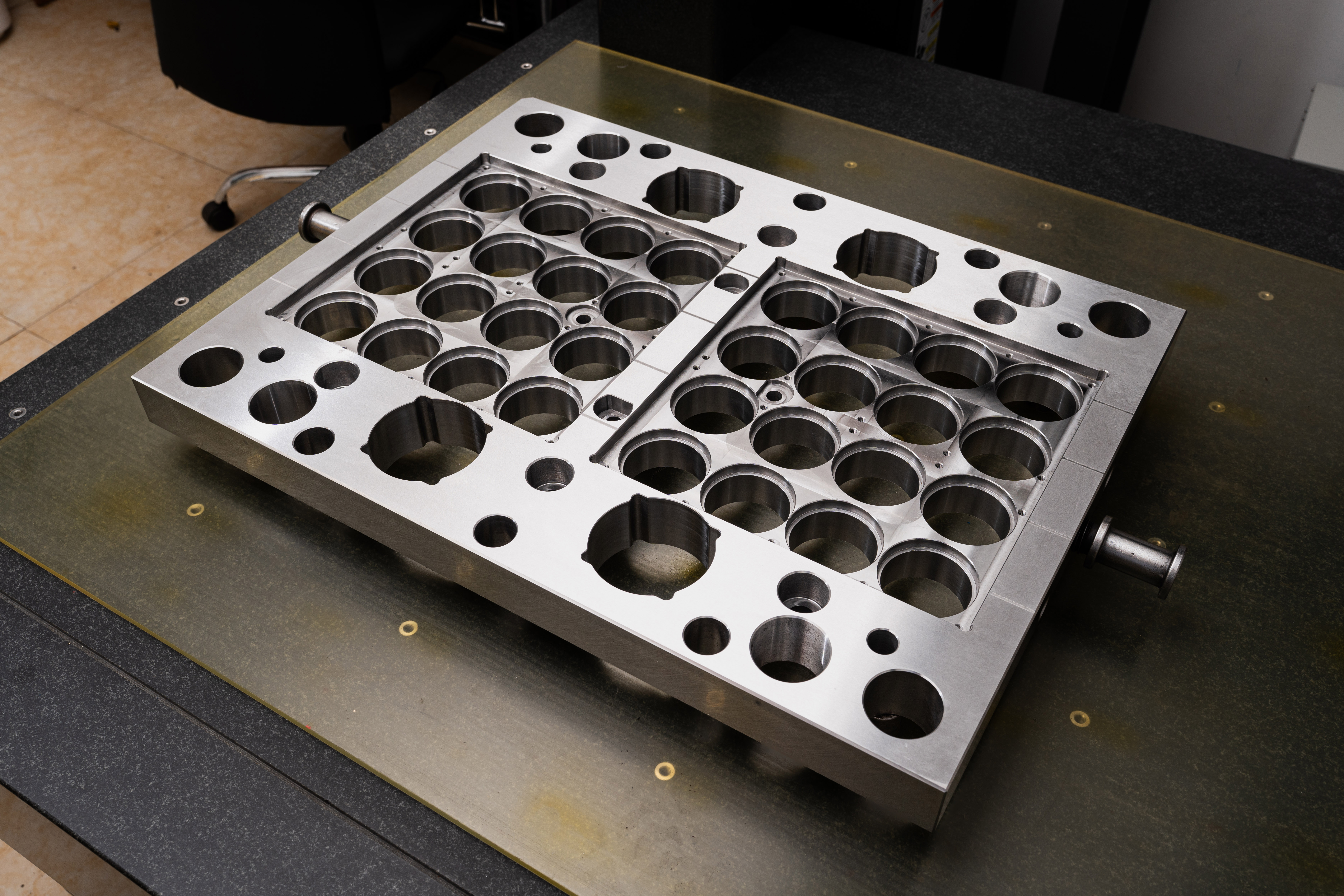How to Calculate the Weight of a Wooden Board
A wooden board is often used in various applications in the mold base industry. It is important to calculate the weight of a wooden board accurately to ensure proper handling, transportation, and installation. Here's a step-by-step guide on how to calculate the weight of a wooden board.
Step 1: Measure the Dimensions of the Wooden Board
Start by measuring the length, width, and thickness of the wooden board using a tape measure. Make sure to measure all dimensions in the same unit, such as inches or centimeters, to maintain consistency throughout the calculation.
Step 2: Calculate the Volume of the Wooden Board
Once you have the dimensions, calculate the volume of the wooden board using the formula:
Volume = Length x Width x Thickness
For example, if the length of the wooden board is 10 feet, the width is 6 inches, and the thickness is 2 inches, the volume would be:
Volume = 10 feet x 6 inches x 2 inches
Step 3: Convert the Volume to Cubic Units
If the measurements were taken in different units, convert them to a common unit. For example, if the length was measured in feet, convert the width and thickness to feet as well. Then, multiply the dimensions to calculate the volume in cubic feet.
Step 4: Determine the Density of the Wood
The weight of a wooden board depends on its density. Different types of wood have varying densities, so it is essential to determine the density of the specific wood used. The density is typically expressed in kilograms per cubic meter (kg/m³) or pounds per cubic feet (lb/ft³).
Step 5: Calculate the Weight of the Wooden Board
To calculate the weight of the wooden board, multiply the volume (in cubic units) by the density (in weight per cubic unit). The formula is:
Weight = Volume x Density
Using the example above, if the volume is calculated to be 5 cubic feet and the density of the wood is 28 lb/ft³, the weight would be:
Weight = 5 cubic feet x 28 lb/ft³
Step 6: Convert to the Desired Unit
If the weight is obtained in a unit different from the desired unit (e.g., pounds instead of kilograms), convert it accordingly. Use appropriate conversion factors to ensure accurate results.
Conclusion
Calculating the weight of a wooden board is essential for various purposes in the mold base industry. By following these steps and using the appropriate measurements and density, you can accurately determine the weight of a wooden board to facilitate its handling, transportation, and installation processes.




